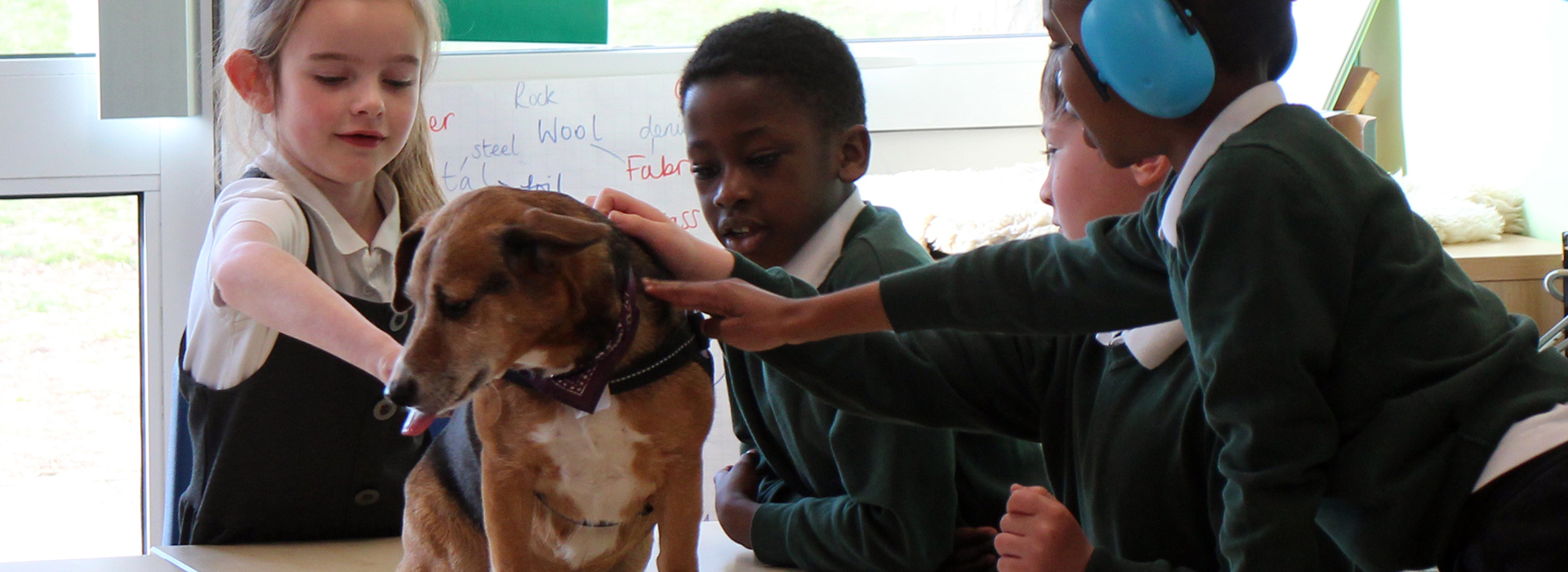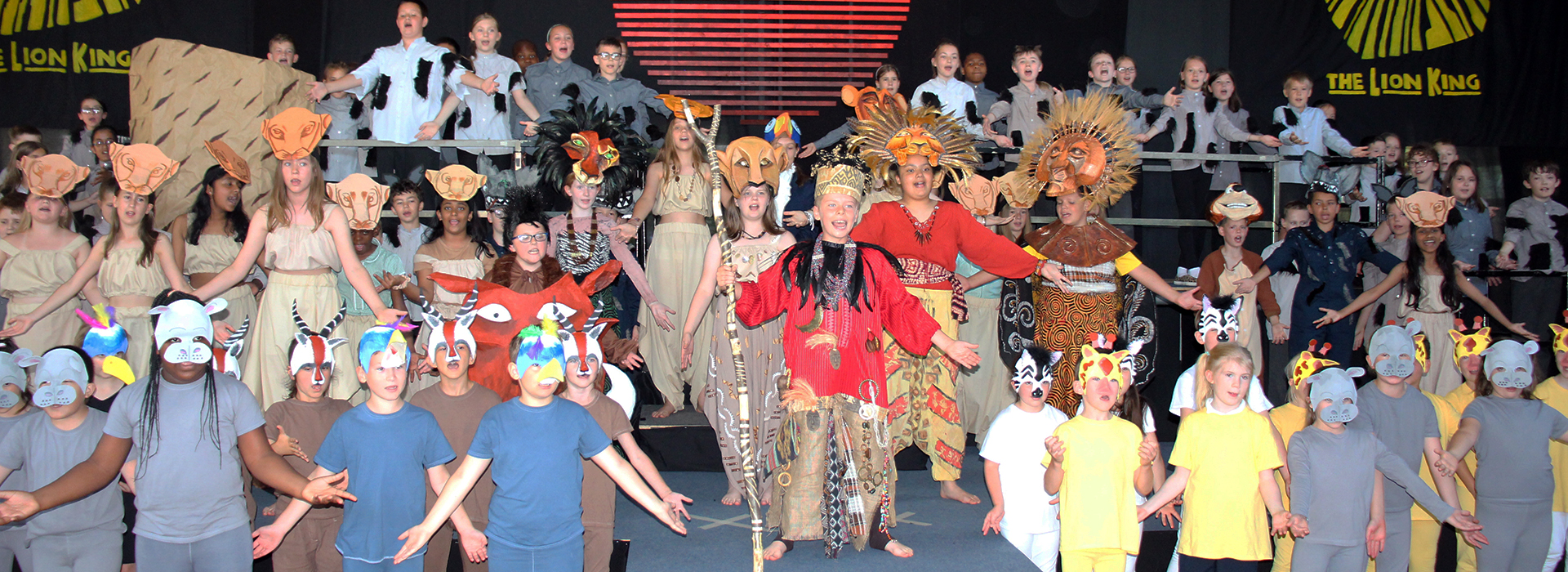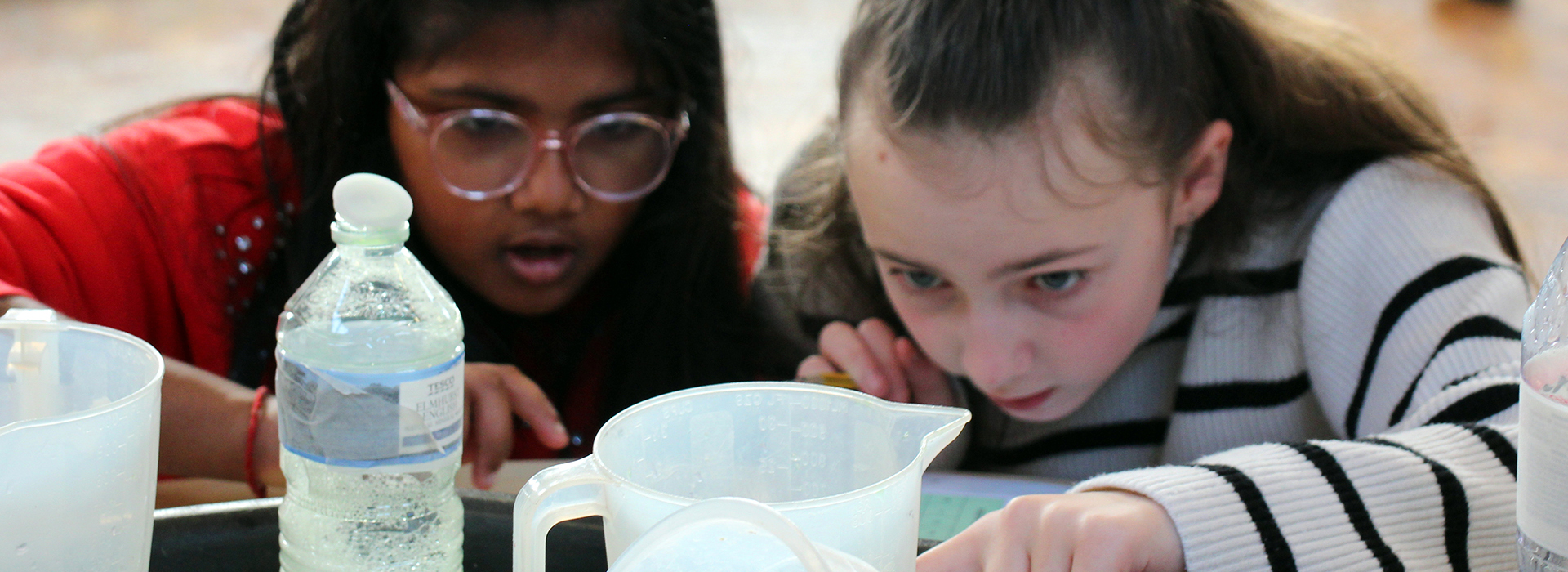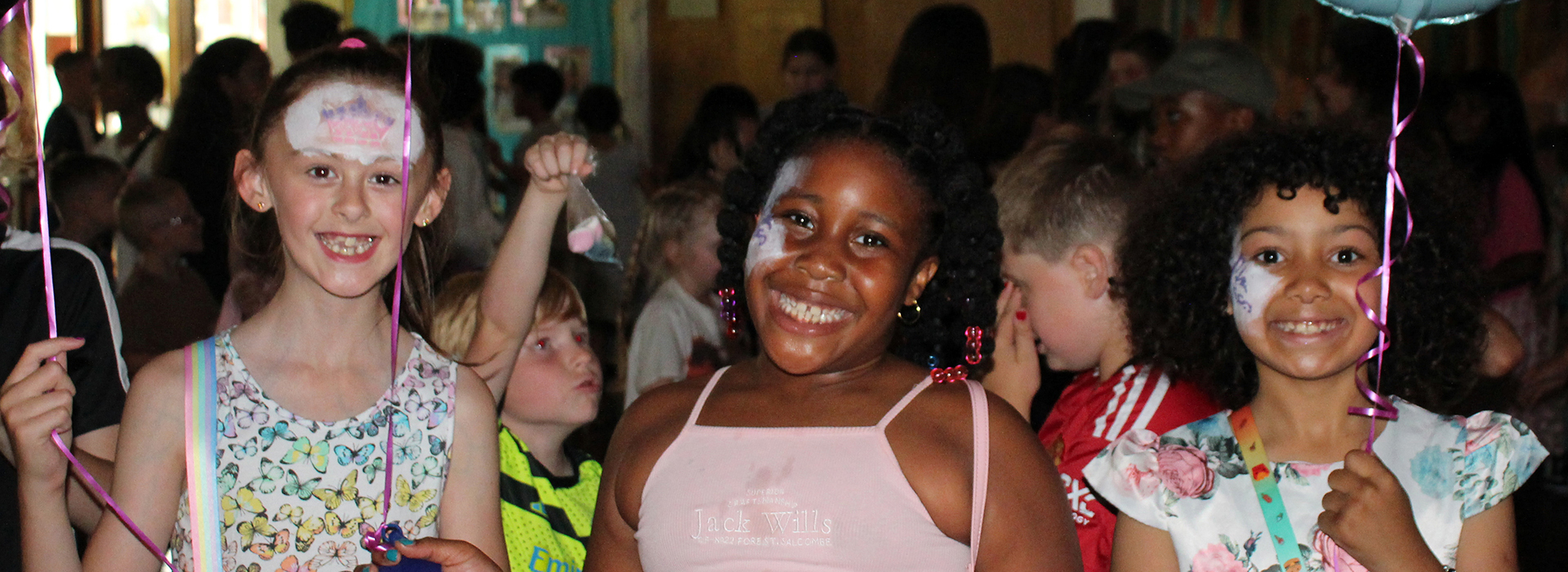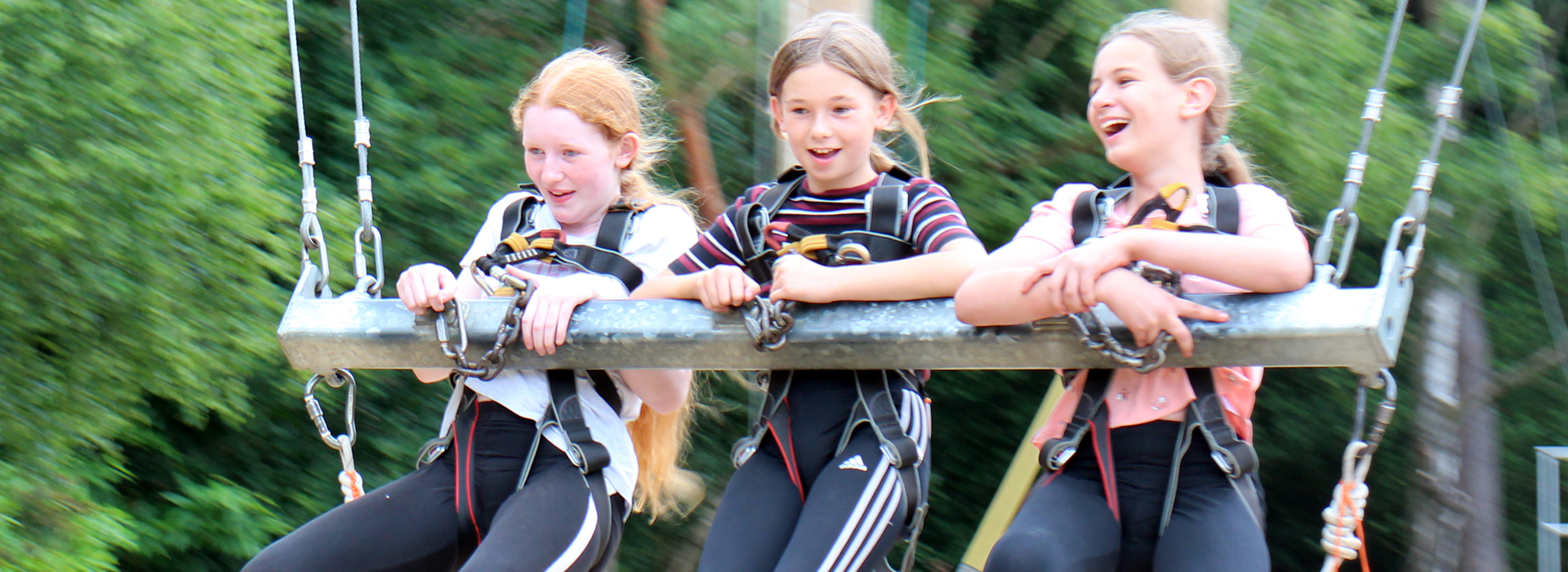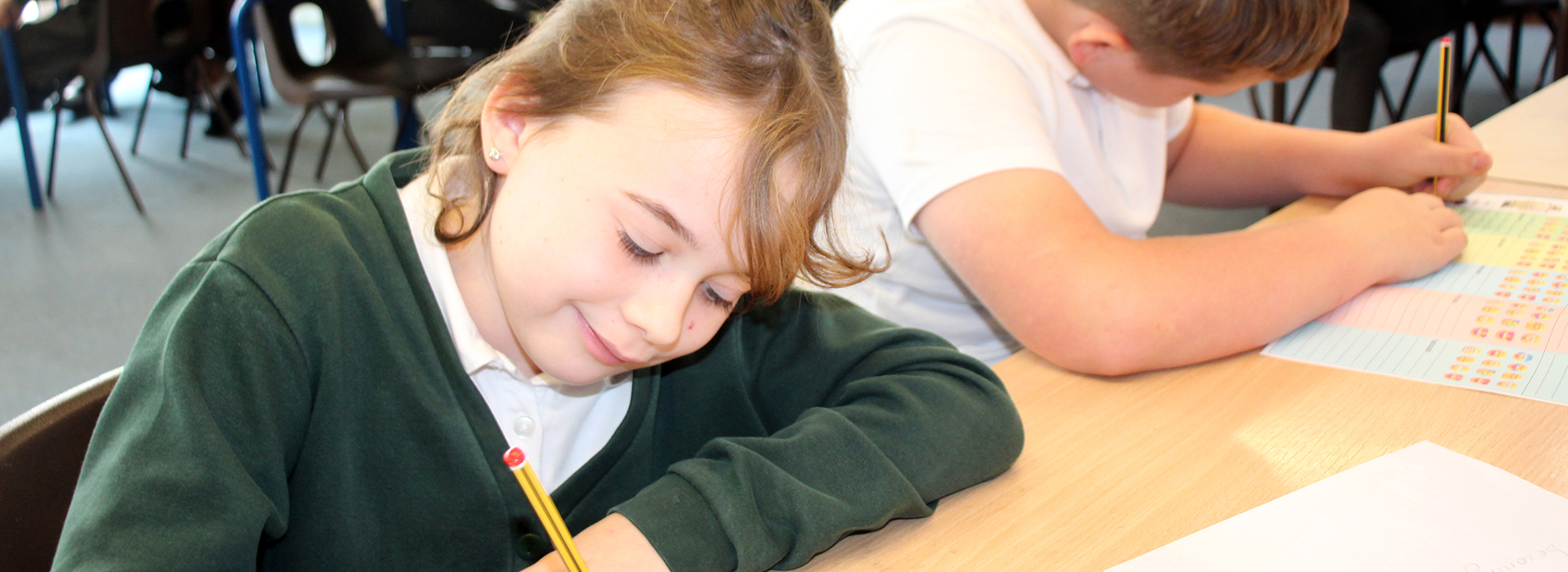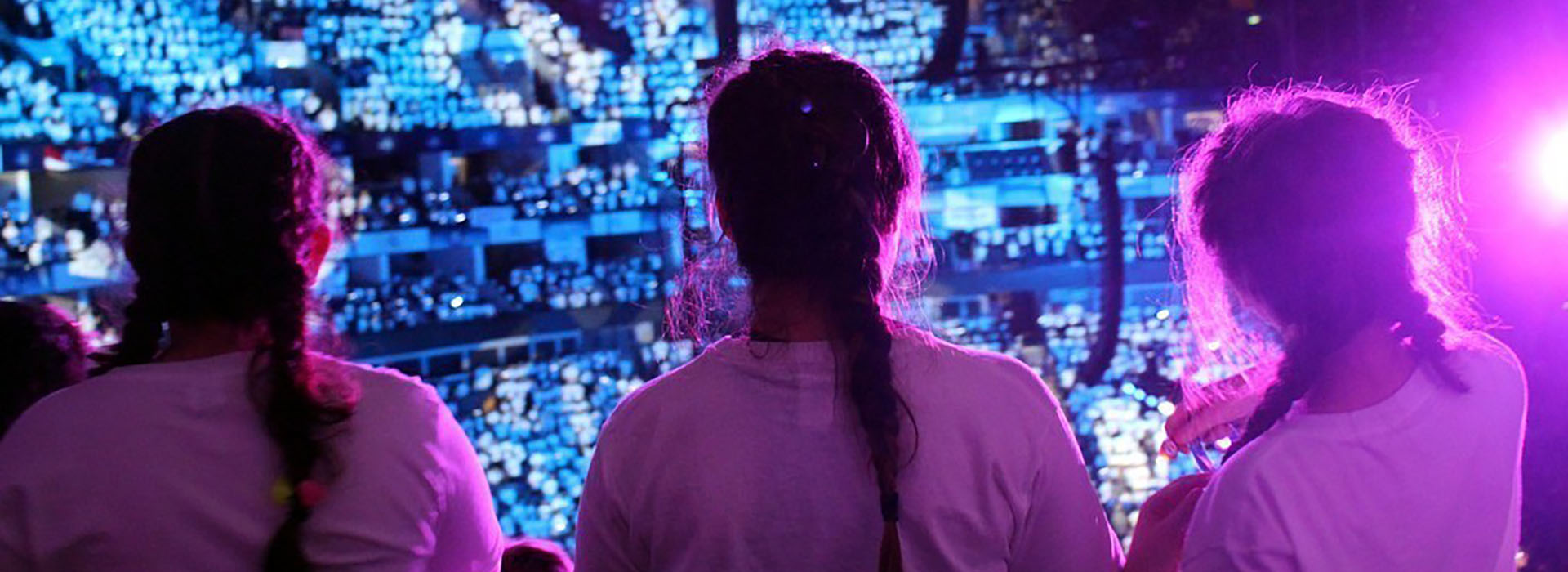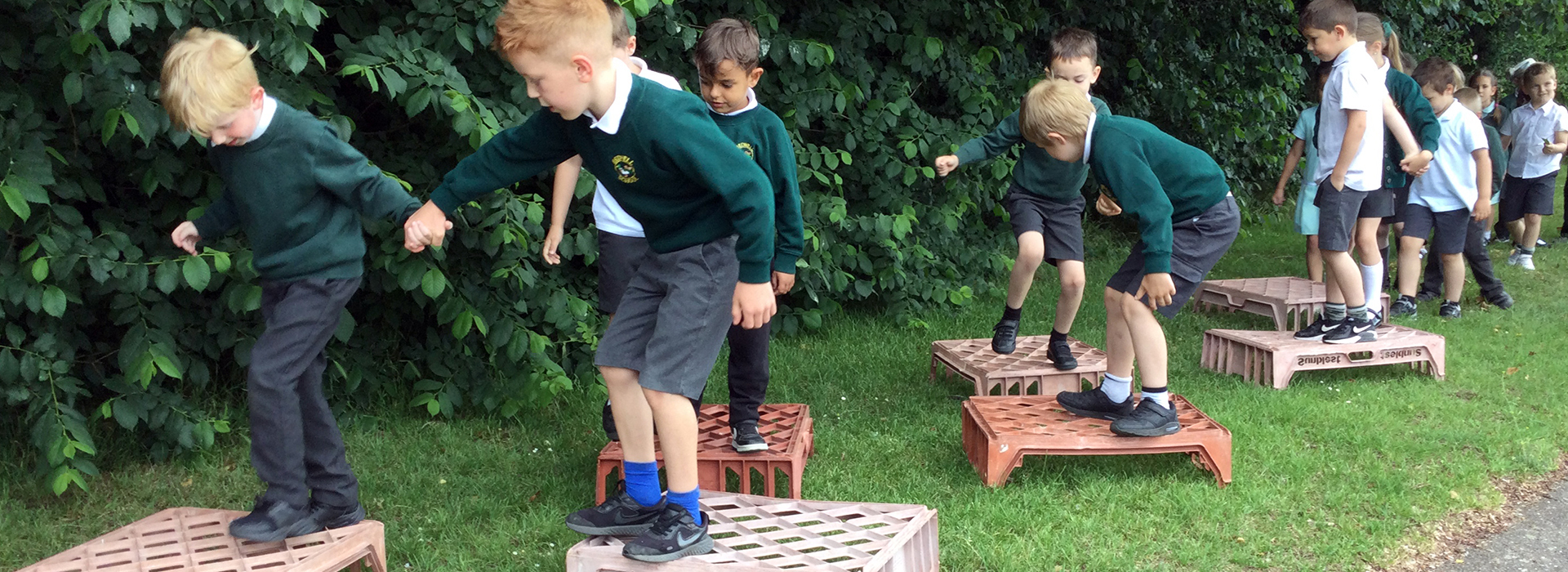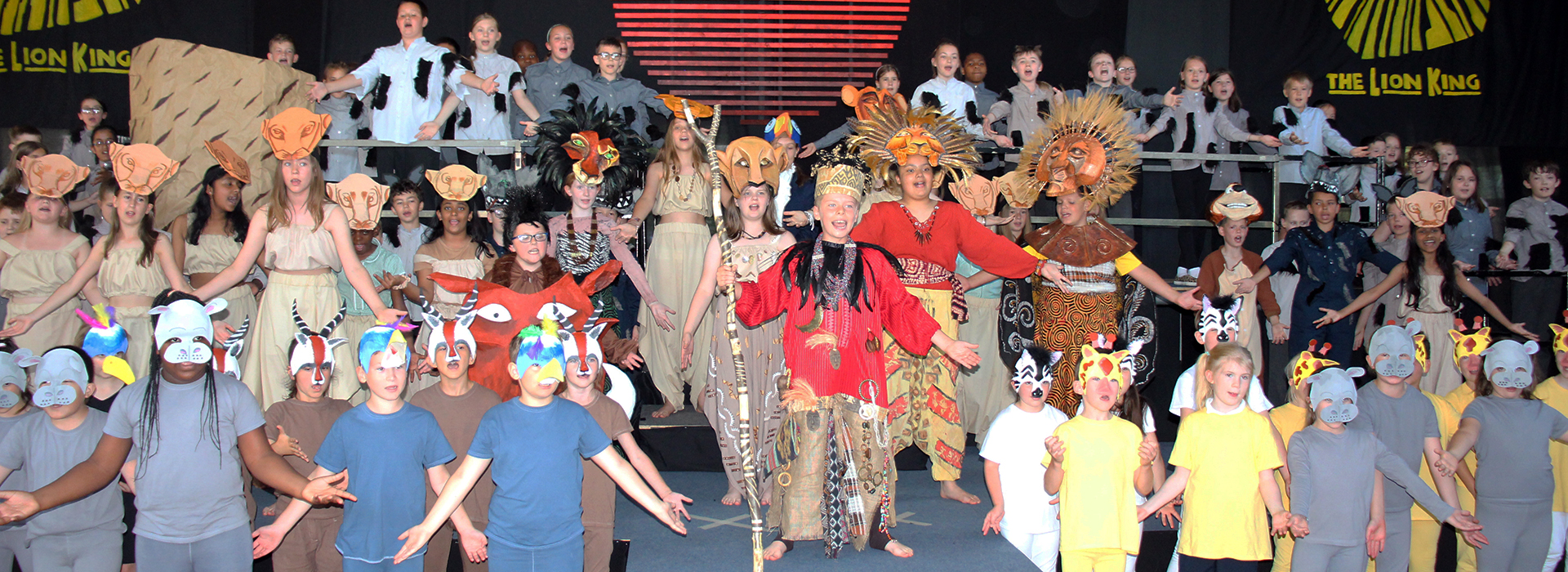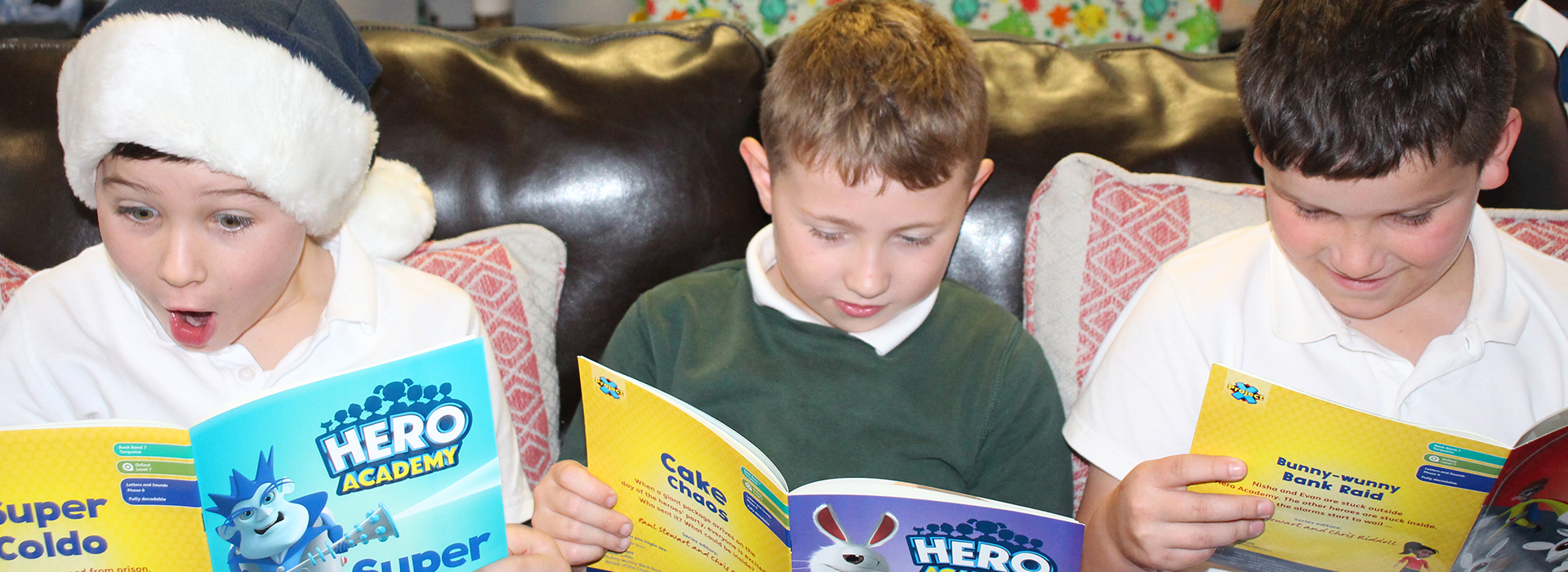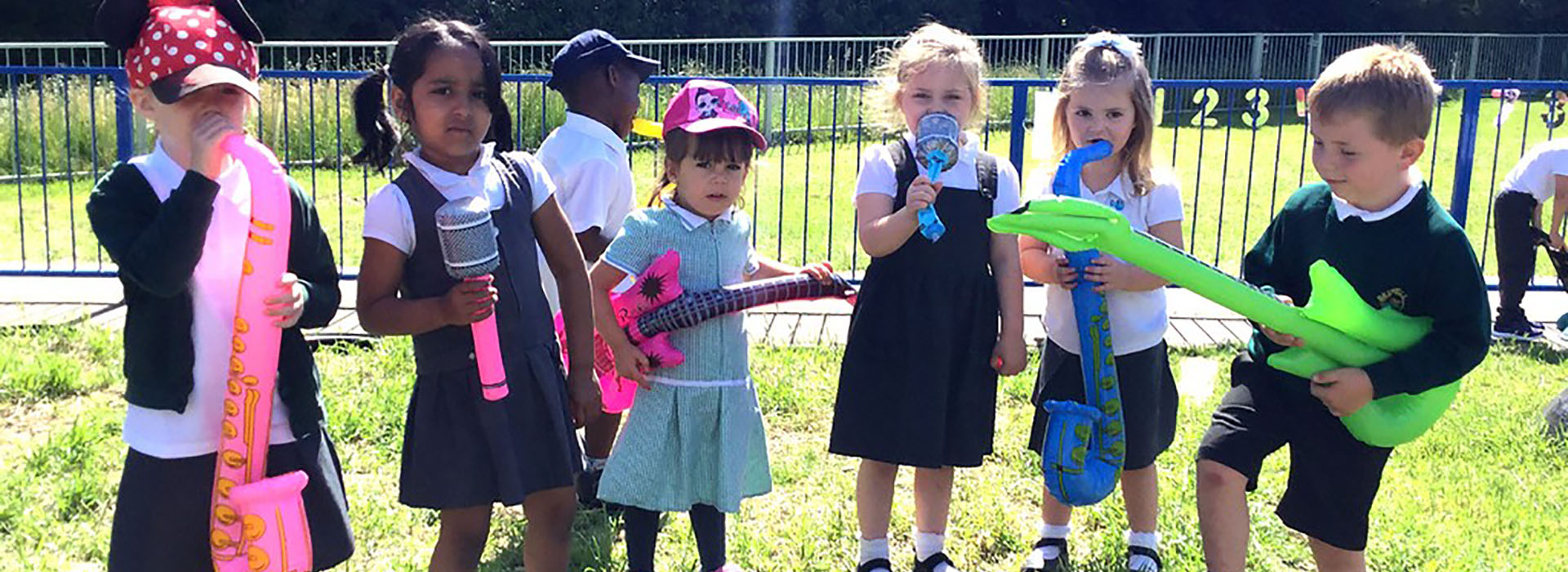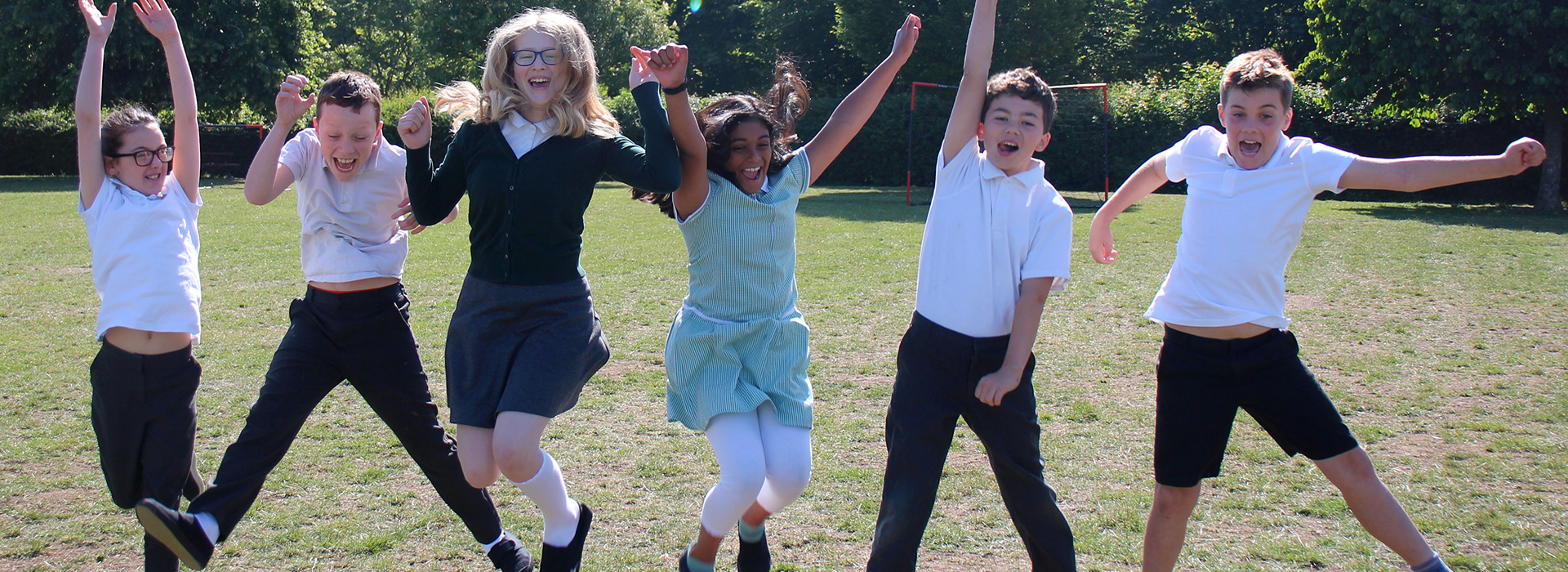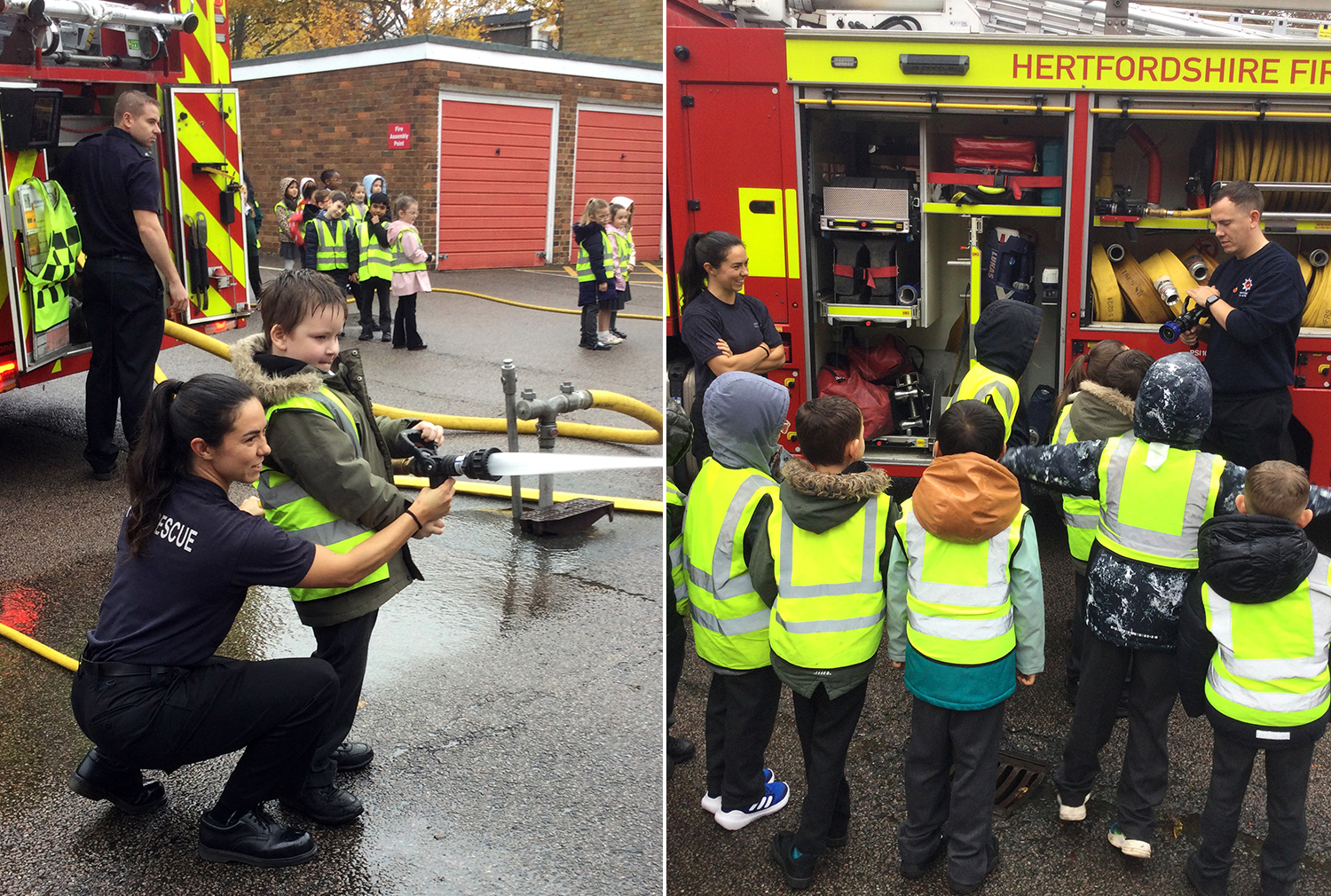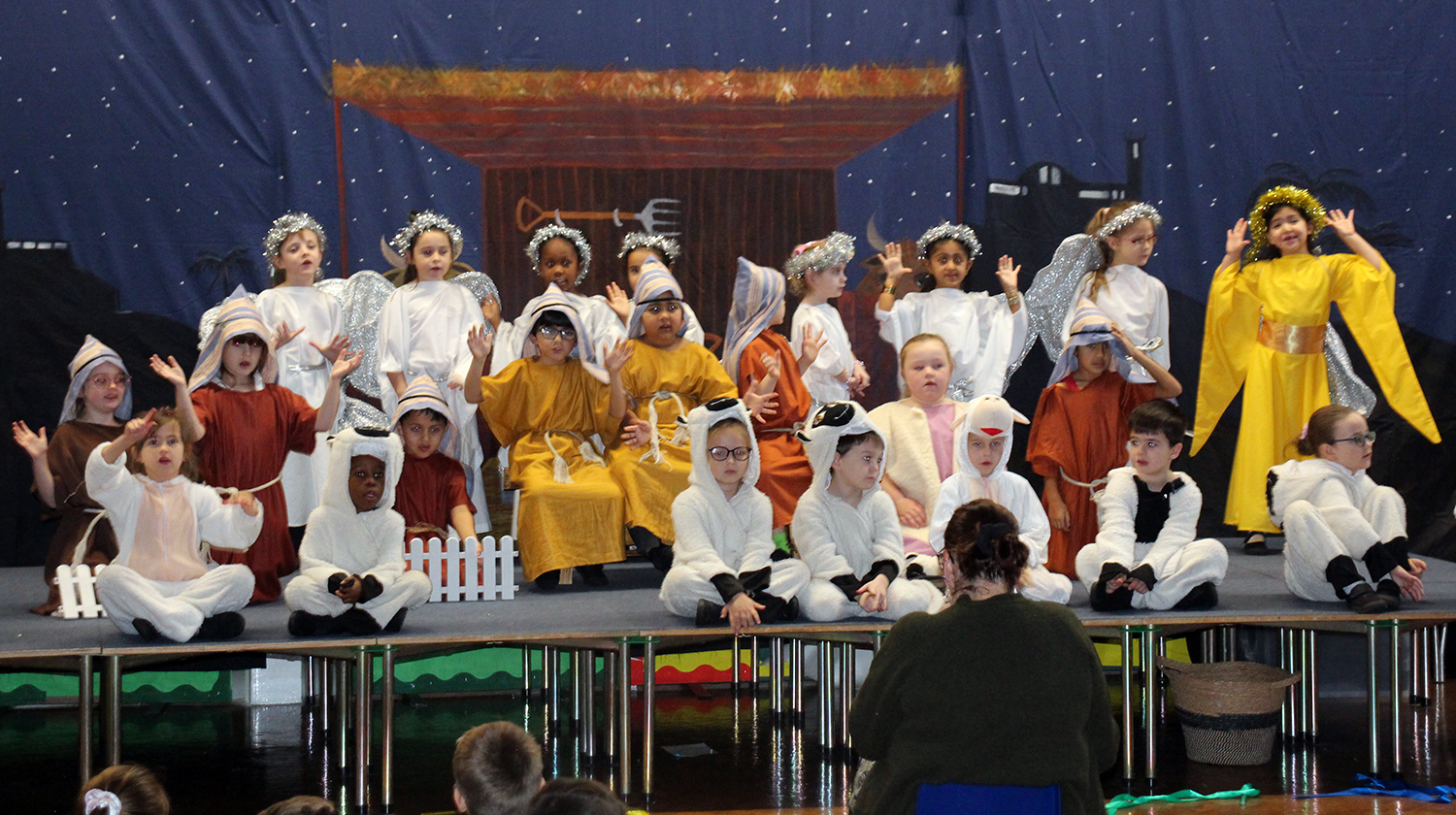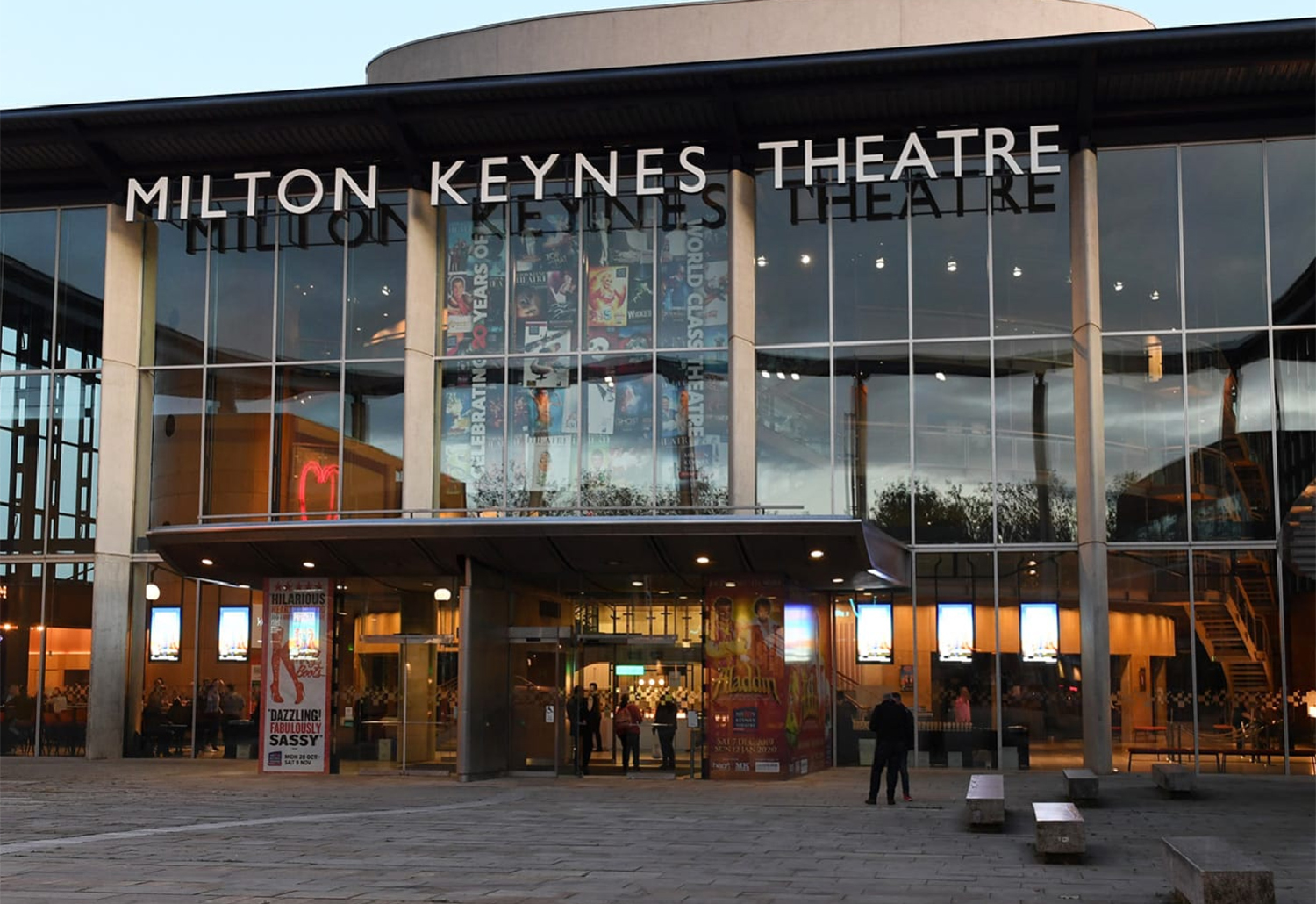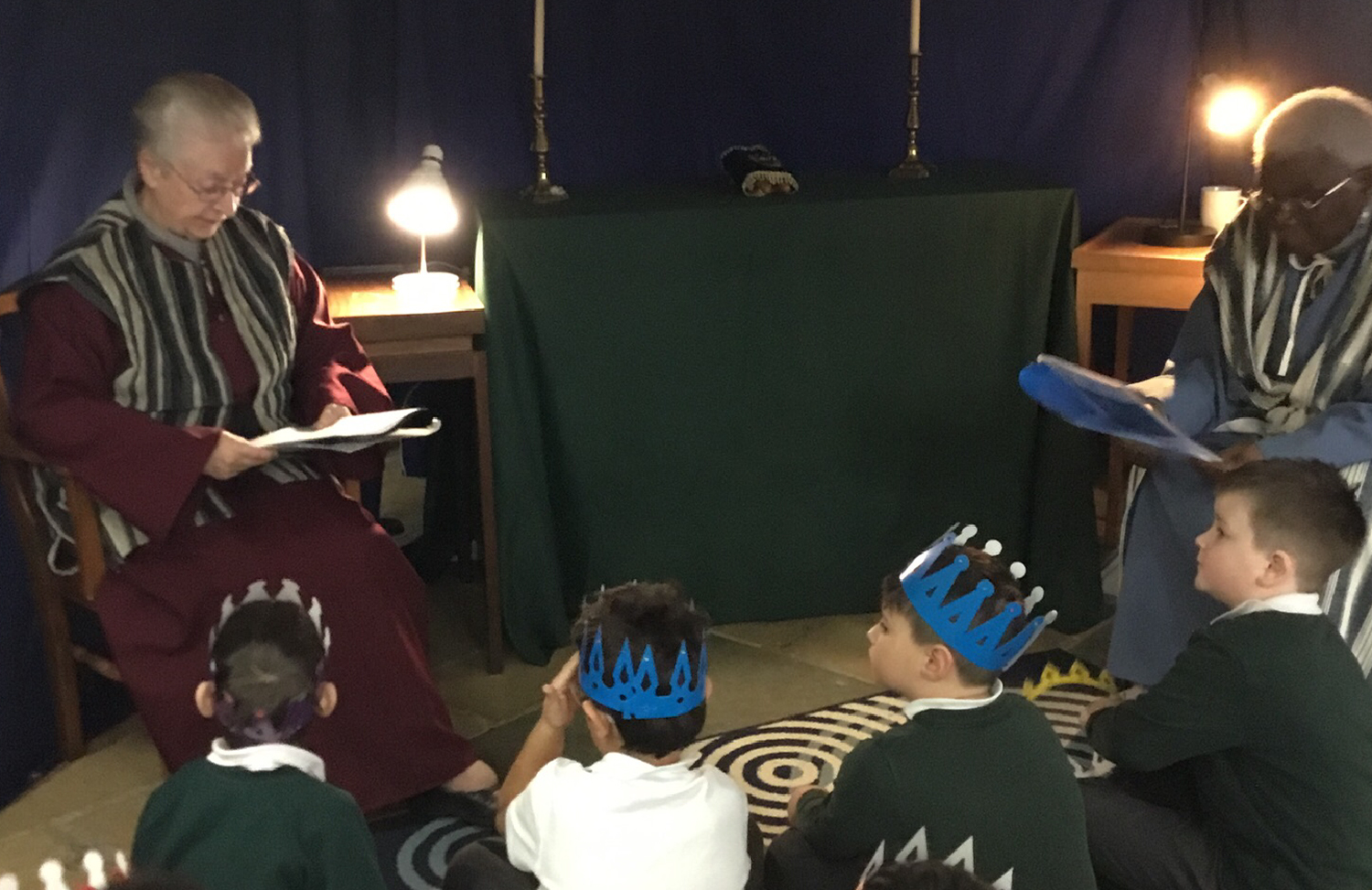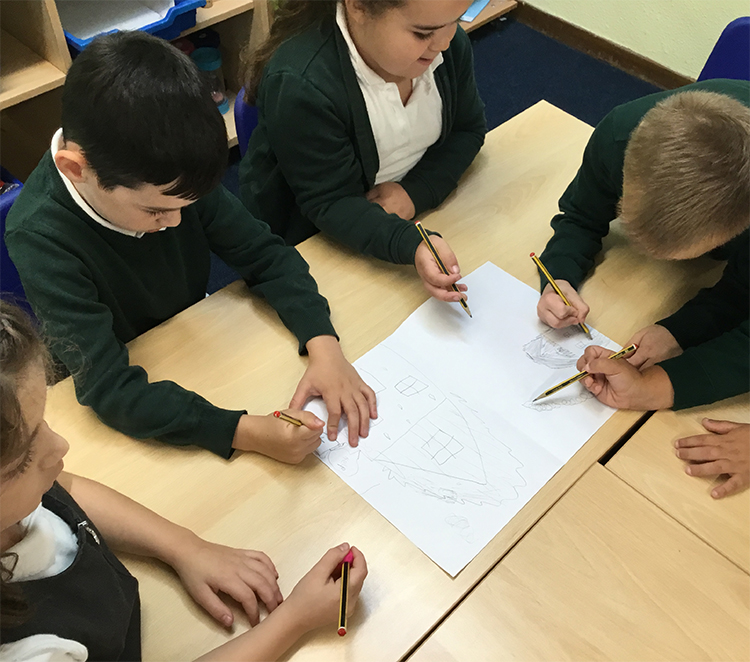This term's topics
English - Our first unit of the term is built around the classic fairytale Little Red Riding Hood, using Little Red by Bethan Woolvin as our core text. We will collect descriptive language and will then use this to write a short setting description. We will explore the difference between statements, questions and commands, and will use co-ordinating conjunctions to link ideas. We will finish the unit by writing our own versions of the story opening. After that, we will move on to look at non-chronological reports. We will continue to develop our understanding of conjunctions, questions and statements, and will then combine these skills to write a report about an animal of our choice.
Maths - First up, we will be developing our understanding of money, exploring different ways to make a given total by combining different coins, and then becoming shopkeepers and working out how much change to give our customers. After that, we will be focussing on measures, measuring and comparing lengths, masses and capacities and then using these skills to solve problems. Later in the term, we will be moving on to look at statistics, starting by using tally charts and tables to collect information, and then presenting this data using pictograms and block charts. Throughout the term we will also be working hard to secure our knowledge of number facts, doubles and halves.
Science - We will be exploring the different places where animals live and thinking about the ways in which they are adapted to suit that habitat. We will investigate the things that they eat, the way that they protect themselves and the types of homes that they make. We will focus in particular on seaside habitats and the creatures that we find there.
Humanities - We will be learning all about life in India this term. It’s a huge, diverse country, so we will explore the different landscapes and habitats, from the Himalayan mountains of the north to the rainforests and deserts of the west to the bustling cities of Mumbai, Delhi and Kolkata. We will investigate food, clothes, music, schools and homes, and begin to compare life in the UK with life in India. Throughout the topic we will also be developing our map skills, locating India (as well as the UK and the seven continents) on a variety of maps and globes. In RE we will be exploring the question, ‘Why should we care for the world?’ We will build on our understanding of creation stories from different religions and think about the relationship between humans and nature.
Take a look at our curriculum map for more information on our topics.
